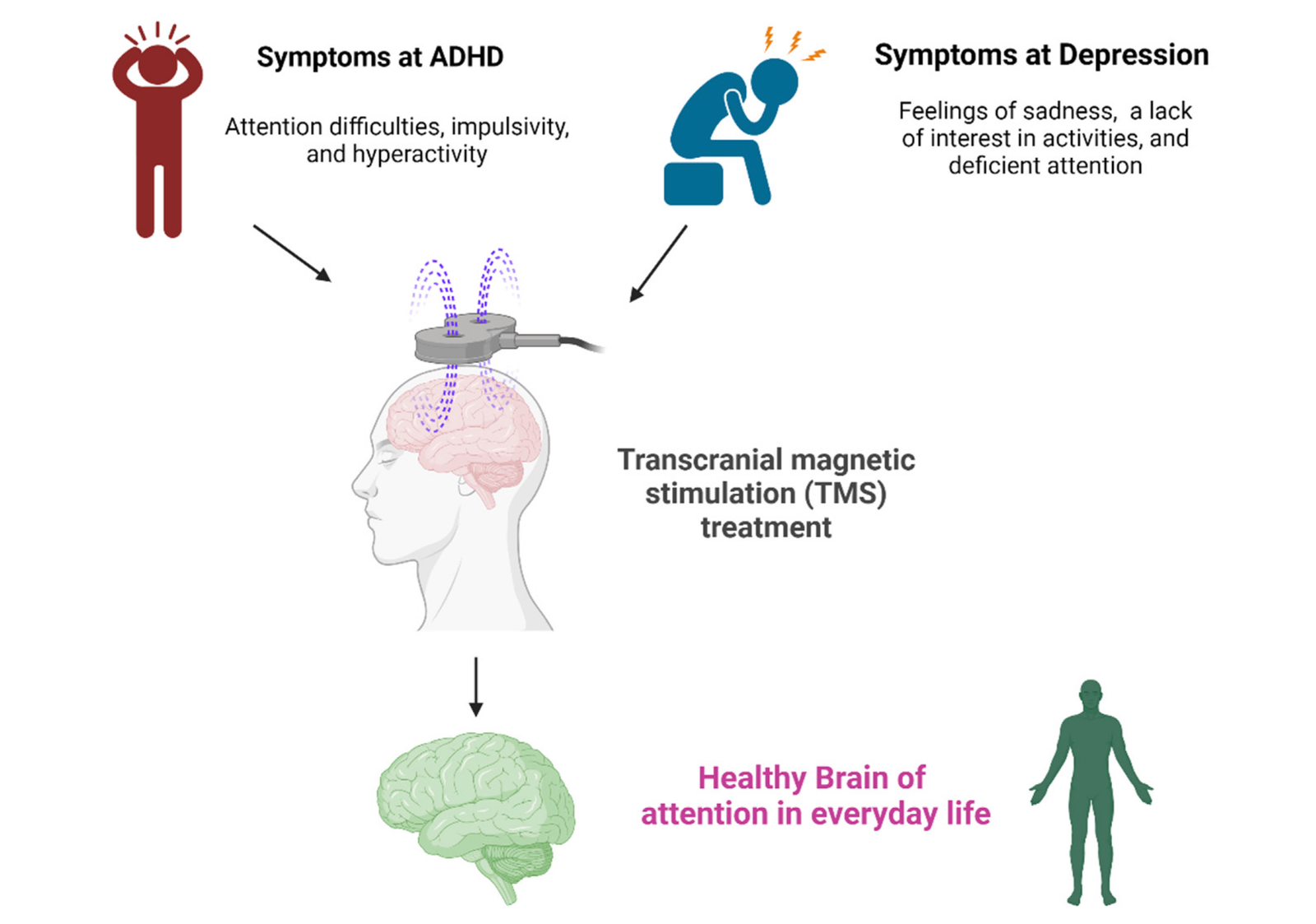Autism spectrum disorder (ASD) affects many children worldwide, affecting their behavior, communication, and social interactions. While each autistic child is unique, many parents and caregivers are exploring the role of diet in managing autism symptoms. Understanding what foods to avoid for an autistic child and finding healthier alternatives can make a significant difference in their daily lives.
Diet plays a crucial role in the behavior and cognitive functions of children with autism. By identifying certain foods that may worsen symptoms, parents can make informed choices about their child’s diet. This article focuses on foods to avoid and suggests healthier alternatives, highlighting the importance of dietary impacts on behavior and cognition.
Understanding Autism and Diet
There is a growing body of research that suggests a connection between diet and autism symptoms. Many parents and professionals are looking at how food choices can influence behavior and well-being in children with autism. One key area of focus is the gut-brain connection, which looks at how the digestive system and brain talk to each other and affect each other. For more insights on this, you can explore the Gut-Brain Connection in Autism.
The gut-brain connection suggests that what we eat can impact not just our physical health but also our mental health. For children with autism, certain foods might contribute to behavioral changes or cognitive difficulties. By understanding this relationship, caregivers can make dietary choices that support better health outcomes for their children.
Foods to Avoid with Autism
When it comes to managing autism symptoms, diet plays a crucial role. Certain foods have been found to potentially worsen symptoms in some autistic children. It’s important to be aware of these foods and consider alternatives that may be more beneficial. For more information on foods to avoid, you can visit this article on foods to avoid with autism.
- Gluten: Found in wheat, barley, and rye, gluten can be a trigger for some children with autism. It may lead to digestive issues and affect behavior.
- Casein: This protein is found in dairy products. Similar to gluten, casein can cause digestive problems and might worsen symptoms in some autistic children.
Understanding why these foods might be problematic is key. The proteins in gluten and casein can affect the gut-brain connection, influencing behavior and cognition. For more insights on dietary approaches, you can refer to Nutritional Therapy for Autism.
Specific Additives and Preservatives to Avoid
In addition to gluten and casein, certain additives and preservatives in foods can also affect behavior and thinking in children with autism. Here are some to look out for:
- Artificial Colors: These are often found in candies, sodas, and processed snacks. They can lead to hyperactivity and other behavioral issues.
- Artificial Sweeteners: Common in diet sodas and sugar-free products, these can sometimes affect mood and behavior.
- Preservatives: Ingredients like sodium benzoate, found in many processed foods, can also contribute to behavioral changes.
For a deeper understanding of how diet affects behavior and thinking, you can explore the study on the effects of diet on behaviour and cognition in children.
Healthier Alternatives
When considering foods to avoid for autistic children, it’s equally important to focus on what they can eat. Here are some healthier alternatives that can help with autism symptoms:
- Whole Foods: Emphasize unprocessed foods like fresh fruits and vegetables. These are rich in essential nutrients and free from additives and preservatives.
- Gluten-Free Options: Replace gluten-containing grains like wheat with gluten-free alternatives such as rice, quinoa, and oats.
- Casein-Free Dairy: Consider non-dairy milk options such as almond, soy, or coconut milk to avoid casein.
- Lean Proteins: Include chicken, turkey, fish, and plant-based proteins like beans and lentils for a balanced diet.
- Healthy Fats: Incorporate avocados, nuts, seeds, and olive oil for beneficial fats.
The Importance of a Balanced Diet
A balanced diet plays a crucial role in helping the overall health and well-being of children with autism. It ensures they receive the necessary nutrients for growth and development. Here are some key points to consider:
- Nutrient Variety: A diverse diet ensures a wide range of vitamins and minerals.
- Stable Energy Levels: Balanced meals help maintain consistent energy levels, which can impact behavior and concentration.
- Gut Health: A healthy diet supports the gut-brain connection, potentially influencing mood and cognitive function.
It’s important to consult with healthcare providers or nutritionists to create personalized dietary plans that cater to the unique needs of each child. These professionals can offer guidance on the right balance of nutrients and help monitor any dietary changes.
Next Steps for Parents
Making dietary changes for your child can be a journey, but with careful observation and the right guidance, it can lead to positive outcomes. Here are some steps to consider:
- Observe and Document: Keep a food diary to write down what your child eats and any changes in behavior or symptoms. This can help identify which foods might be causing issues.
- Consult Professionals: Reach out to nutritionists or healthcare providers to develop a personalized dietary plan. They can provide expert advice tailored to your child’s specific needs.
- Experiment with Alternatives: Introduce healthier food options gradually and observe how your child responds. This can include incorporating more whole foods, fruits, and vegetables.
- Stay Informed: Continue learning about autism and diet. New research and insights can help refine your approach.
- Be Patient: Changes may take time to manifest. Patience and consistency are key.
By taking these steps, you can help manage your child’s autism symptoms through diet, potentially improving their overall well-being.
Summary
In conclusion, understanding the impact of diet on autism symptoms is crucial for parents seeking to support their child’s health. By identifying foods to avoid, such as gluten, casein, and certain additives, and replacing them with healthier alternatives, you can make a significant difference. A balanced diet not only supports physical health but also affects behavior and thinking.
Remember, diet changes should be made with help from experts to ensure they meet your child’s nutritional needs. Keep learning and consulting with experts to tailor the best dietary plan for your child. With dedication and the right approach, dietary changes can be a valuable tool in managing autism symptoms.



